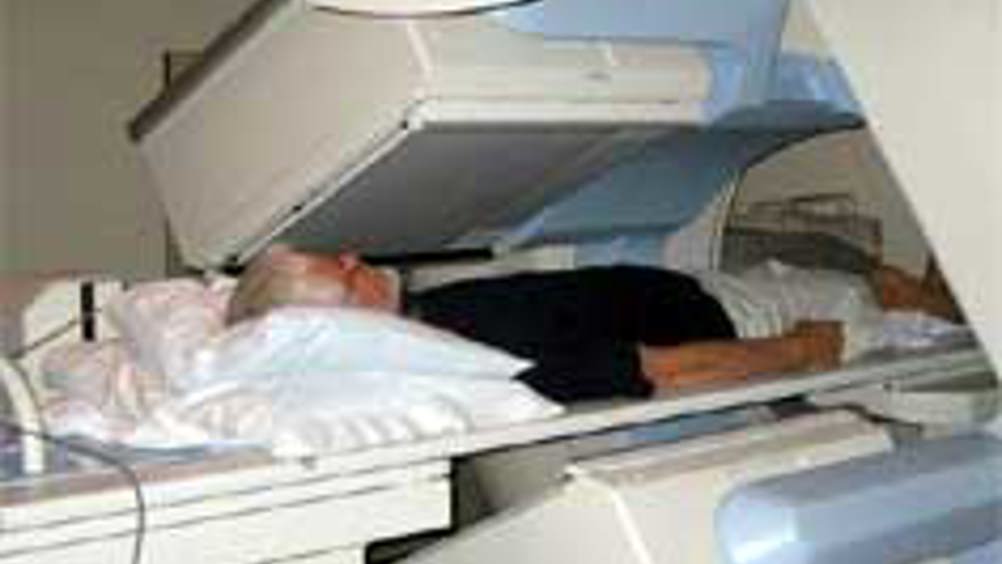Technology targets nuclear medicine supply
GE Hitachi Nuclear Energy (GEH) has been selected by the US Department of Energy’s National Nuclear Security Administration (NNSA) to help develop a US supply of a radioisotope used in more than 20 million diagnostic medical procedures in the US each year.

NNSA chose GEH to help create a reliable US supply of molybdenum-99 without the use of highly enriched uranium (HEU) to respond to a shortage from repeated, unplanned outages at facilities where it currently is produced.
With a half-life of only 66 hours, molybdenum-99 must be delivered to hospitals on a frequent and consistent basis.
Molybdenum-99 decays into technetium-99m, the radioisotope most widely used in common diagnostic procedures. Technetium-99m is used in about 80 per cent of all nuclear medicine procedures, including evaluation of the heart, kidneys, lungs, liver, spleen, bones and blood flow.
Deploying GEH’s isotope production technology potentially could meet at least 50 per cent of the US’s projected supply needs for molybdenum-99/technetium-99m.
GEH also recently announced an agreement with Exelon Generation for a pilot project to meet growing demand for cobalt-60, a radioisotope used for treating cancer and other biomedical applications.
Register now to continue reading
Thanks for visiting The Engineer. You’ve now reached your monthly limit of news stories. Register for free to unlock unlimited access to all of our news coverage, as well as premium content including opinion, in-depth features and special reports.
Benefits of registering
-
In-depth insights and coverage of key emerging trends
-
Unrestricted access to special reports throughout the year
-
Daily technology news delivered straight to your inbox










Water Sector Talent Exodus Could Cripple The Sector
Maybe if things are essential for the running of a country and we want to pay a fair price we should be running these utilities on a not for profit...